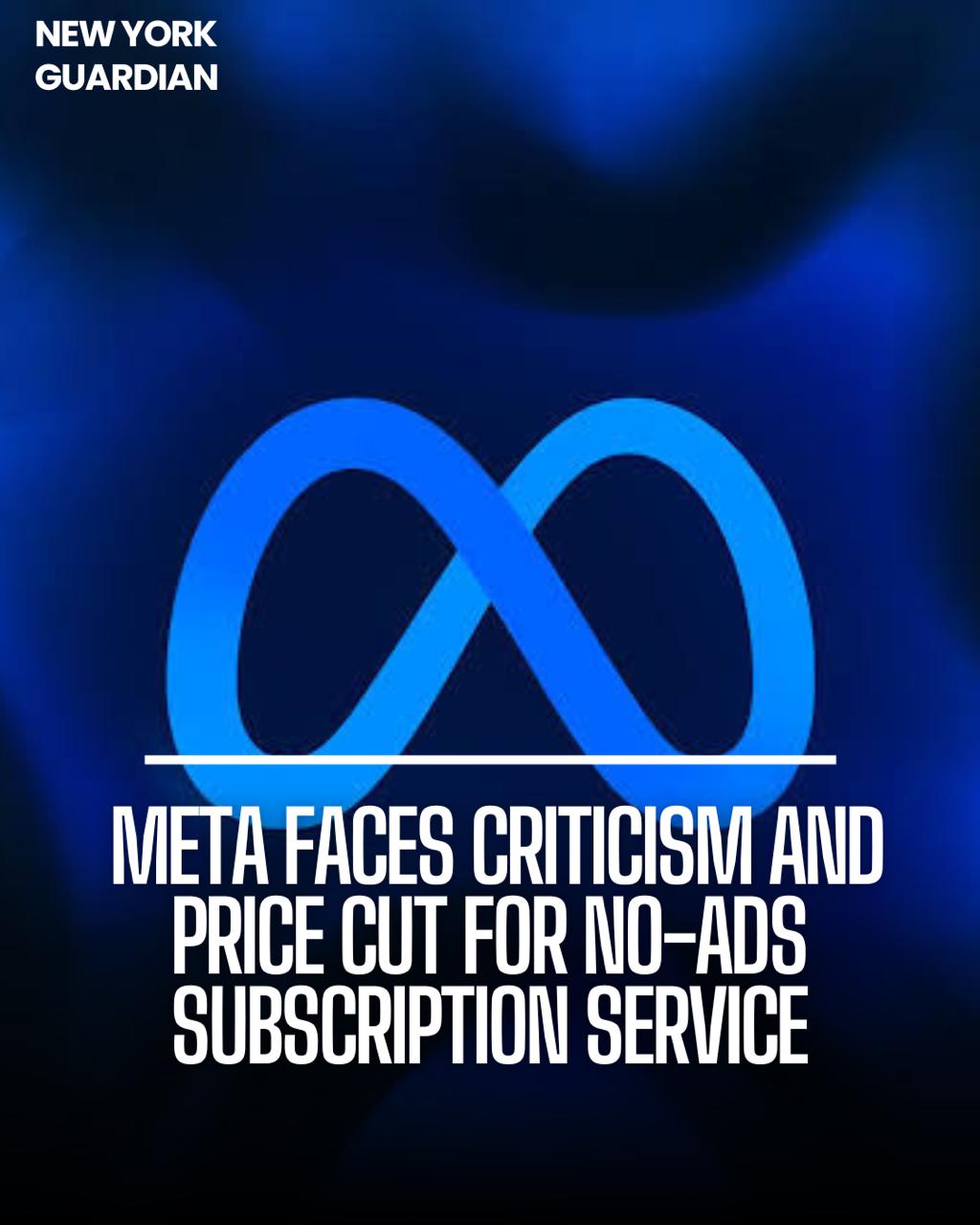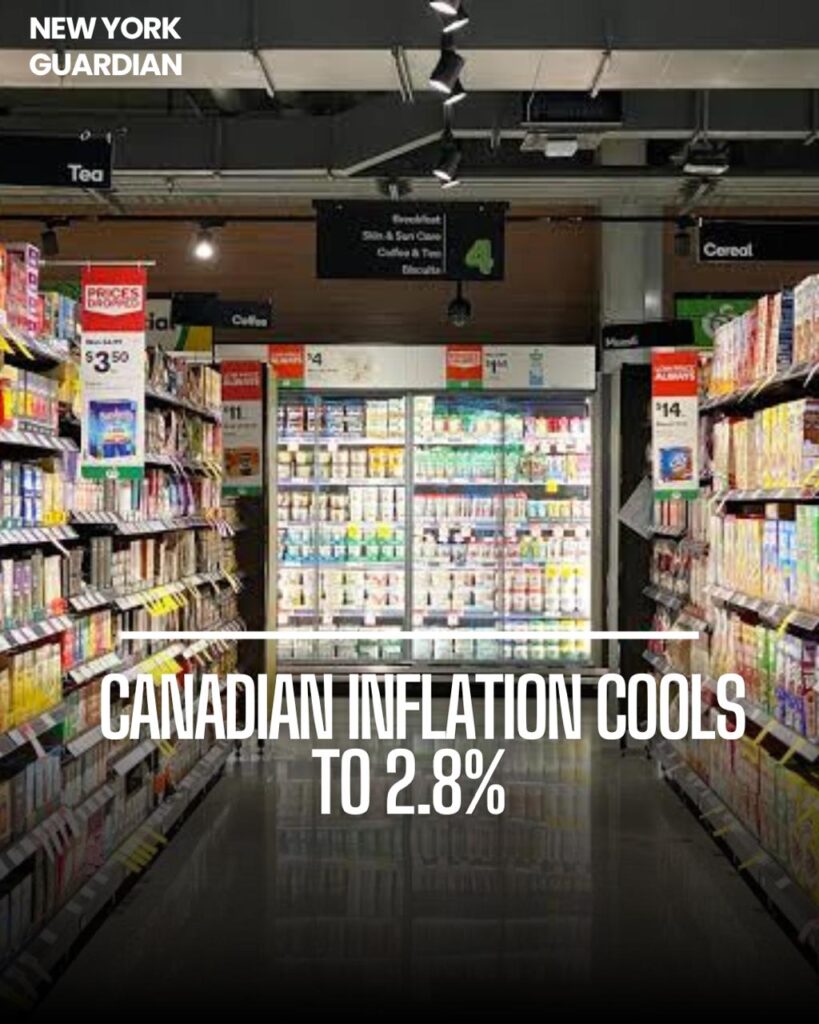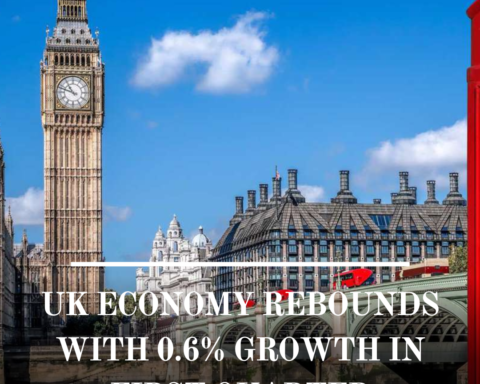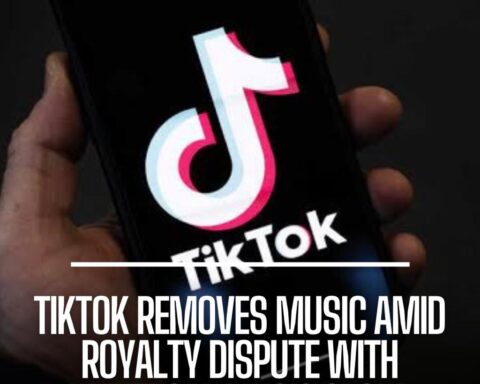Meta Platforms has offered to nearly halve its monthly subscription cost for Facebook and Instagram to 5.99 euros from 9.99 euros, a senior Meta director said on Tuesday, a move that seeks to add.
Meta, formerly known as Facebook, has announced a price cut for its no-ads subscription service in Europe amidst mounting criticism from privacy activists and consumer groups.
Critics argue that Meta’s subscription service, which requires users to pay a fee for enhanced privacy, is a way for the company to monetize privacy protection.
Introduction of the Subscription Service
The subscription service was introduced by Meta in November as a response to the Digital Markets Act (DMA) in Europe.
This legislation restricts Meta’s ability to personalize advertisements without explicit user consent, impacting its primary revenue stream. The fee-based model was intended to address the conflicting demands of EU privacy laws and the DMA.
Price Reduction Offer
During a European Commission hearing, Meta’s lawyer, Tim Lamb, announced a significant price reduction for the subscription service.
The price for a single account will drop from 9.99 to 5.99 euros, with additional accounts priced at 4 euros each. Lamb emphasized that this price reduction represents the lowest end of the range for services of similar quality.
Response from Privacy Activists
Privacy activist Max Schrems criticized Meta’s subscription model, arguing that the issue is not solely about the fee.
Schrems highlighted research showing that even minimal fees can lead to a shift in consent from a small percentage of users who genuinely want advertisements to the vast majority who accept them. He emphasized that the General Data Protection Regulation (GDPR) requires consent to be freely given, raising concerns about the “pay or okay” approach adopted by Meta.
Clarity and Regulatory Uncertainty
The European Commission hearing aims to provide Meta’s users and third parties with clarity on how the company complies with the DMA. However, regulatory uncertainty persists, and Meta seeks a swift resolution to ensure stability in its operations.
Conclusion
Meta’s decision to reduce the price of its no-ads subscription service reflects efforts to address concerns raised by privacy activists and consumer groups.
However, questions remain about the effectiveness of the subscription model in ensuring genuine user consent and compliance with EU privacy legislation.
The ongoing dialogue between Meta, regulators, and stakeholders is essential to navigate these complex issues and establish clear guidelines for digital platforms in Europe.






















